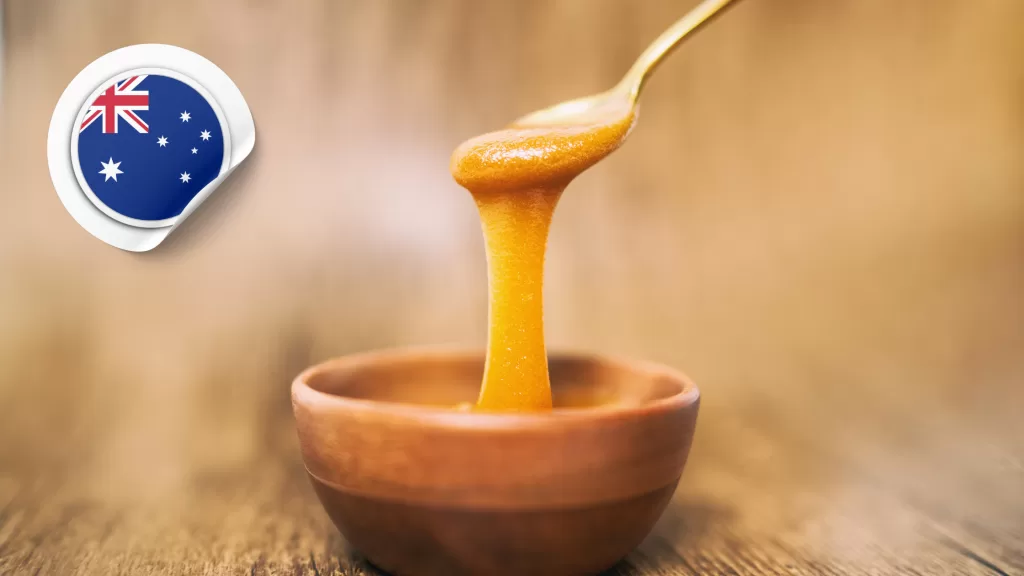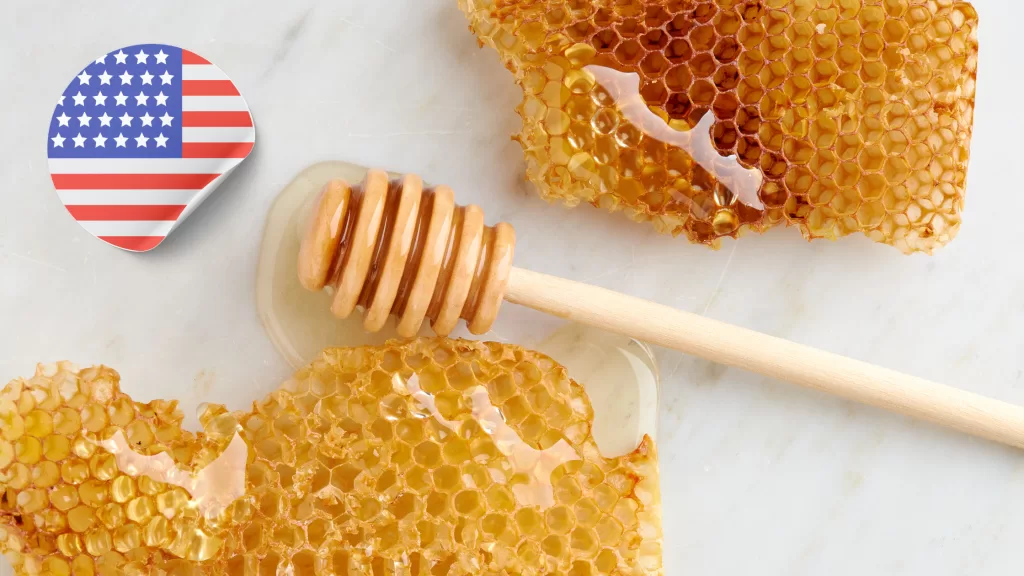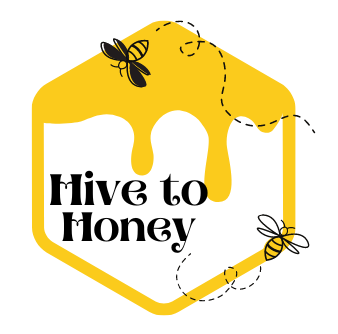Pollen and its nutritional value
Pollen: Nature's Nutritional Powerhouse and Its Abundant Benefits
Pollen, often referred to as the “life dust” of flowers, is a remarkable substance collected by honeybees as a valuable food source. While essential for the survival and growth of bee colonies, pollen also offers an array of impressive nutritional benefits for humans. In this article, we will delve into the captivating world of pollen, exploring its composition and the rich nutritional value it provides.
Pollen and its nutritional value:
Pollen is a complex mixture of plant microspores and various components contributed by bees. It contains a diverse range of nutrients, including proteins, carbohydrates, healthy fats, vitamins, minerals, enzymes, and antioxidants. The composition of pollen can vary depending on the plant species and geographic region from which it originates.
Pollen is considered one of nature’s most nutrient-dense foods. It is a complete protein source, meaning it contains all essential amino acids required by the human body. Pollen also provides an abundant supply of carbohydrates, including simple sugars and complex polysaccharides, which serve as a source of energy. Additionally, pollen contains a wide range of vitamins, including B vitamins (such as B1, B2, B3, B5, and B6), vitamin C, vitamin E, and beta-carotene (a precursor to vitamin A). It also boasts an impressive mineral profile, including calcium, potassium, magnesium, zinc, and iron.
Pollen is rich in antioxidants, such as flavonoids, phenolic compounds, and carotenoids. These antioxidants help neutralize harmful free radicals, protecting cells from oxidative damage. The unique combination of antioxidants found in pollen contributes to its potential anti-inflammatory, anti-aging, and immune-boosting effects.
Pollen contains a variety of enzymes, including amylase, protease, and lipase, which aid in the digestion and absorption of nutrients. These enzymes can support optimal digestive function and nutrient utilization, promoting overall digestive health.
- Energy and Stamina: The nutrient-rich composition of pollen makes it an excellent natural energy booster. Its carbohydrate content provides a sustained release of energy, while its protein content supports muscle repair and recovery.
- Immune Support: The presence of vitamins, minerals, antioxidants, and immune-modulating compounds in pollen may help strengthen the immune system and support its proper functioning. Regular consumption of pollen may contribute to enhanced immune defenses and a reduced risk of certain infections.
- Allergy Relief: Despite its association with allergies due to airborne pollen, some people believe that consuming locally sourced pollen may help alleviate seasonal allergies. The theory is that exposing the body to small amounts of pollen through ingestion can desensitize the immune system over time. However, individual experiences and responses may vary.
- Skin Health: Pollen’s antioxidant and anti-inflammatory properties, combined with its nutrient content, make it beneficial for skin health. It may help promote a healthy complexion, reduce inflammation, and protect against oxidative stress, contributing to a youthful and radiant appearance.
- Nutritional Supplementation: Pollen is available as a dietary supplement in various forms, including granules, capsules, and powders. It can be used to supplement nutrient intake, particularly for individuals with dietary restrictions or those seeking to optimize their nutritional profile.
It’s important to source pollen from reputable beekeepers or trusted sources to ensure its purity and avoid potential contamination. Individuals with pollen allergies or bee-related allergies should exercise caution when consuming pollen and consult with a healthcare professional if necessary.
Pollen, with its exceptional nutritional composition and potential health benefits, serves as a testament to the remarkable interconnection between bees and flowers. Its abundance of proteins, carbohydrates, vitamins, minerals, and antioxidants make it a powerhouse of nutrients. While further research is needed to fully understand its specific effects and mechanisms, pollen’s reputation as a nutrient-rich superfood continues to grow. Whether enjoyed as a dietary supplement or incorporated into various recipes, pollen offers a unique opportunity to tap into the natural goodness of the plant kingdom and support overall health and well-being.
More From The Hive:

A Comprehensive Guide to Australian Honey: Types, Production, and Benefits
Australia is home to some of the world’s finest honey, known for its unique flavors, exceptional quality, and health benefits. Thanks to its diverse flora and pristine natural environment, Australia produces honey that reflects the rich biodiversity of its landscapes. Whether it’s the famous Manuka honey from the Leptospermum trees

An In-Depth Guide to Honey in the United States of America (USA): Types, Production, and Benefits
Honey, one of nature’s sweetest treasures, has been an integral part of human diets and cultures for thousands of years. In the United States of America (USA), honey production is not only a thriving industry but also a testament to the country’s diverse ecosystems. From the tropical blossoms of Florida

The Small Honey Bee (Apis florea): A Comprehensive Guide to One of Nature’s Tiny Pollinators
The Small Honey Bee, scientifically known as Apis florea, is one of the lesser-known species of honey bees, yet it plays a vital role in the ecosystems of Asia and parts of the Middle East. Despite its size, the Apis florea bee is a remarkable pollinator, and its unique biology

Exploring the Sweet Diversity of Canadian Honey: A Guide to Types and Flavors
Canada is home to a rich tapestry of landscapes and climates, each contributing to the unique flavors and types of honey produced across the country. From the prairies of Alberta to the forests of British Columbia, Canadian honey reflects the diverse flora that bees visit. In this blog, we will

The Rock Honey Bee (Apis laboriosa): Guardians of the Himalayan Honey
The Rock Honey Bee (Apis laboriosa) is an awe-inspiring species that thrives in the rugged landscapes of the Himalayas, where it builds massive nests on vertical cliffs. Known for producing highly prized wild honey and for its ability to endure extreme mountain conditions, this bee species has captivated researchers, beekeepers,

The Giant Honey Bee (Apis dorsata): Nature’s Fearless Honey Maker
The Giant Honey Bee, scientifically known as Apis dorsata, is a remarkable species native to South and Southeast Asia. Known for its impressive size, bold temperament, and incredible honey-producing capabilities, this bee plays a crucial role in the ecosystem and supports human livelihoods. Despite its importance, the Giant Honey Bee
